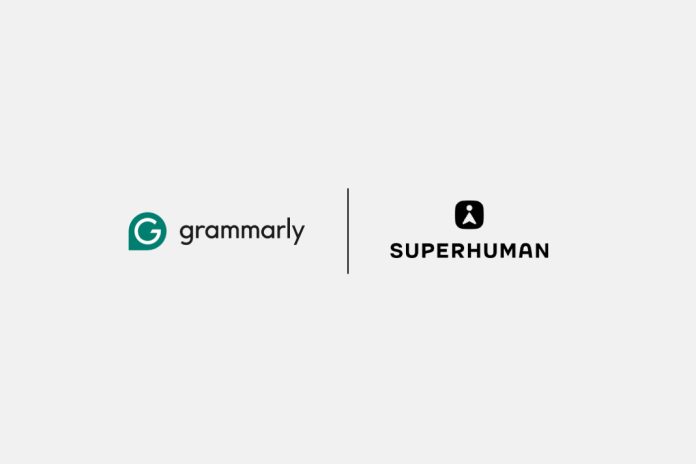Grammarly has rebranded its parent company as Superhuman, signalling its expansion from an AI writing assistant to a comprehensive suite of productivity tools. The company will now operate under the new name while retaining “Grammarly” as a product brand within its lineup.
Grammarly adopted the Superhuman name following its acquisition of the AI email client on June 30, 2025, a deal that was made public in early July. The acquisition was part of Grammarly’s strategy to build an AI-powered productivity suite by integrating Superhuman’s email technology into its platform.
“We’re changing our company name to Superhuman,” said Shishir Mehrotra, CEO of the newly named firm, in a blog post. “We’re evolving from a single product to a suite that includes Grammarly’s trusted writing partner, Coda’s all-in-one workspace, Superhuman Mail’s AI-native inbox, and a new product called Superhuman Go.”
The move reflects Grammarly’s transition from a single writing-focused tool to an integrated ecosystem of proactive AI agents. The Superhuman suite will be available through a bundled subscription that brings together writing, collaboration, and communication tools.
At the centre of this expansion is Superhuman Go, a new product that embeds multiple AI agents into any app or browser tab. “Like Grammarly, Superhuman Go works in every application and tab. But instead of a single agent that helps you write, Go has a whole team of agents that can brainstorm, fetch information, send emails, schedule meetings, and more.”
According to the company, Go integrates with existing workflows to perform tasks without requiring explicit prompts. For example, it can pull data from a CRM while drafting an email, surface availability during a conversation about scheduling, or automatically suggest relevant context in real time.
The company also announced the Superhuman Agents SDK, which allows developers to integrate their own AI agents into Go. Early partners include Common Room, Radical Candor, Latimer, Fireflies, Parallel, Speechify, and Quizlet, with upcoming integrations from Saifr, Axios HQ, and Napkin AI.
Alongside Go, Superhuman is expanding the AI capabilities of its acquired platforms, Coda and Superhuman Mail. Both products are being redesigned to act proactively rather than reactively.
“Coda docs already sync data from other apps to create a single source of truth,” Mehrotra explained. “Soon they will act on that data for you—processing meeting notes into action items or drafting briefs based on discussions.”
Superhuman Mail, which already automates inbox organisation and email composition, will soon generate replies using real-time context from a user’s calendar, CRM, and other connected tools.
Mehrotra described the broader vision as making AI “feel ordinary” by embedding it directly into users’ workflows. “You don’t have to pause, prompt, paste, or even think about it,” he said. “The AI naturally fits into where you work, and only then does it really start to change how you work.”
The company says its long-term goal is to help users offload routine tasks and focus on creative and strategic work.
ALSO READ: Databricks Launches Data Intelligence for Cybersecurity

